 Andrea Levy, Ph.D, professor and psychology program coordinator at CT State Middlesex, recently conducted a series of studies focused on the miscommunication between health-care providers and patients. She has previously been published in JAMA Network Open in November 2018, August 2019, October 2022 and March 2023.
Andrea Levy, Ph.D, professor and psychology program coordinator at CT State Middlesex, recently conducted a series of studies focused on the miscommunication between health-care providers and patients. She has previously been published in JAMA Network Open in November 2018, August 2019, October 2022 and March 2023.
In Fall 2023, Dr. Levy went on a sabbatical to research the emotional, physical and financial well-being of CT State Community College students during the pandemic. The report is entitled, “CT State Community College Students’ Well-being During COVID-10 Pandemic and Now.”
This compelling, timely study provides insight into “the pandemic generation,” so educators and others can prepare and support students both inside and outside the classroom. In surveys and articles such as “The Pandemic Generation Goes to College. It Has Not Been Easy,” written by Eliza Fawcett and published in The New York Times in November 2022, colleges are now serving the first waves of students who experienced learning losses and mental health decline during the pandemic.
As a college professor, Dr. Levy and instructors at CT State and elsewhere are inheriting this crisis. Therefore, Dr. Levy’s study helps to provide an understanding that “better prepares and enables CSCC faculty and staff to meet the needs of these students.”
“Quite simply, the pandemic made everything worse. Students faced and, in many cases, are still facing challenges in even meeting their most basic life needs, like finding physical safety, housing and food,” said Dr. Levy. “As an institution and community, we must be aware that students cannot possibly learn until we first address these basic needs.”
According to the report, 1,227 CT State students participated in an anonymous survey sent via email in October 2023.
The survey found that more than a third of participants reported that mental health, stress and social life was bad, very bad or extremely bad for them during the pandemic. The results also indicated that students’ well-being has improved since the pandemic, with lower percentages in several of these categories.

Figure 1. Participants’ well-being on each measure during the pandemic and now (October 2023).
However, when comparing demographics, the report states: “Overall, racial, gender identity, and sexual orientation minorities were worse off on many of the measures of well-being both during the pandemic and now, but the reverse was not true for any of the measures of well-being. Generally, younger participants were and still are worse on more psychological and academic measures whereas older participants were and still are worse on economic measures.”
Even though the participants are a small percentage of the entire CSCC student population (3.4%), the results of this study reveals serious and pervasive challenges for the student body during the pandemic and to a lesser degree after.
“Although it is reassuring that the number of students who report these challenges has declined since the pandemic, the often serious issues that they faced during the pandemic quite likely have lingering consequences today. The success of our current students and students in years to come depends on our ability to address these challenges,” states the report.
“Given everything we know about systemic discrimination, it’s not surprising that these challenges were especially great for minority students, but it certainly highlights yet another set of barriers for these students and heightens the need to address them,” added Dr. Levy.
To read the full report, please click here.
Dr. Levy earned a doctorate in psychology and a master’s degree in bioethics from the University of Pennsylvania. She was previously a professor at the Dana-Farber Cancer Institute, Harvard School of Public Health, and at the University of Saint Joseph. She also received a bachelor of arts in biology and society from Cornell University.

